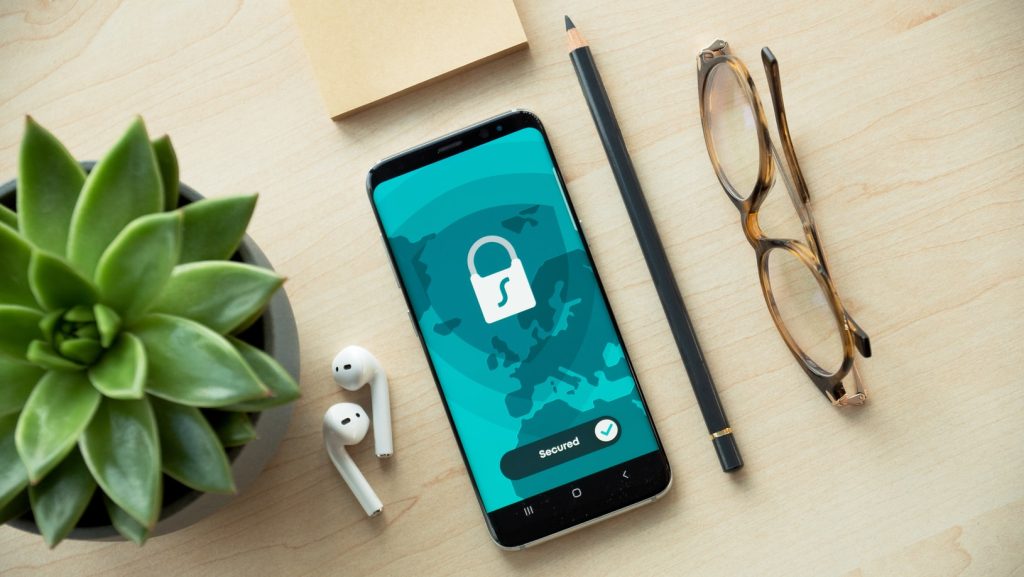Perhaps you can make use of these password security tips to train employees on how to create strong passwords on their accounts.
Why Consider How Employees Practice Safe Browsing
Your employees might not be the only ones using their computers. Have you thought of that?
You might want to consider monitoring their online activities or even install some password security tips.
Find out if your employees are accessing websites that are inappropriate for them to view during work hours. This would be done by installing software on the computer that would monitor the activity on the computer.
For example, you can get software that is called Remote Spy Software. You can easily install it on your employee’s computer(s) for monitoring purposes.
Password Security Tips
1. Remind employees not to write down their passwords.
2. Do not use passwords that include the names of family members, siblings, children, pets, and favorite sports teams.
3. Passwords must be at least 8 characters long. Use a mixture of case-sensitive letters, numbers, and special characters. Passwords should not be sequential or repetitive. Passwords must not contain any personally identifiable information, such as your name or birth date. Also, passwords must NOT be written down or shared with anyone else. Also, passwords must be changed regularly (every 6 months is recommended). Passwords should follow the “passphrase” method. This means that instead of using one word for your password, you could use a phrase that has meaning to you.
4. Do not let your computer go idle. Hackers can take control of your computer while it is idle and use it for other purposes, such as sending spam or other malicious activity.
5. Do not click on attachments or links from unknown sources or from sources that you do not trust. Be suspicious of emails that ask you to respond with personal or financial information.
6. Do not download pirated software. It could contain malicious code that will infect your computer. If you suspect pirated software has infected your computer, contact the administrator of the computer system immediately.
7. Do not use the same password for all of your accounts. For example, do not use your email password for your online banking account.
8. If you must write down passwords, keep them in a secure place; always try to memorize passwords rather than writing them down. Also, if someone asks you for your password, do not give it to them!
Password Manager Tools Can Help
Password Manager Tools can help you manage your multiple passwords. You can use these tools to generate strong passwords, store them securely, and log in to your different accounts all with one username and password.
A password manager can be used to store all of your passwords in an encrypted database. Most password managers will auto-generate strong passwords for each site that you visit, then automatically input the password when you visit the site. Most password managers also have a “watch list” that tells you if the website has been hacked, which is important information when it comes to choosing passwords.

